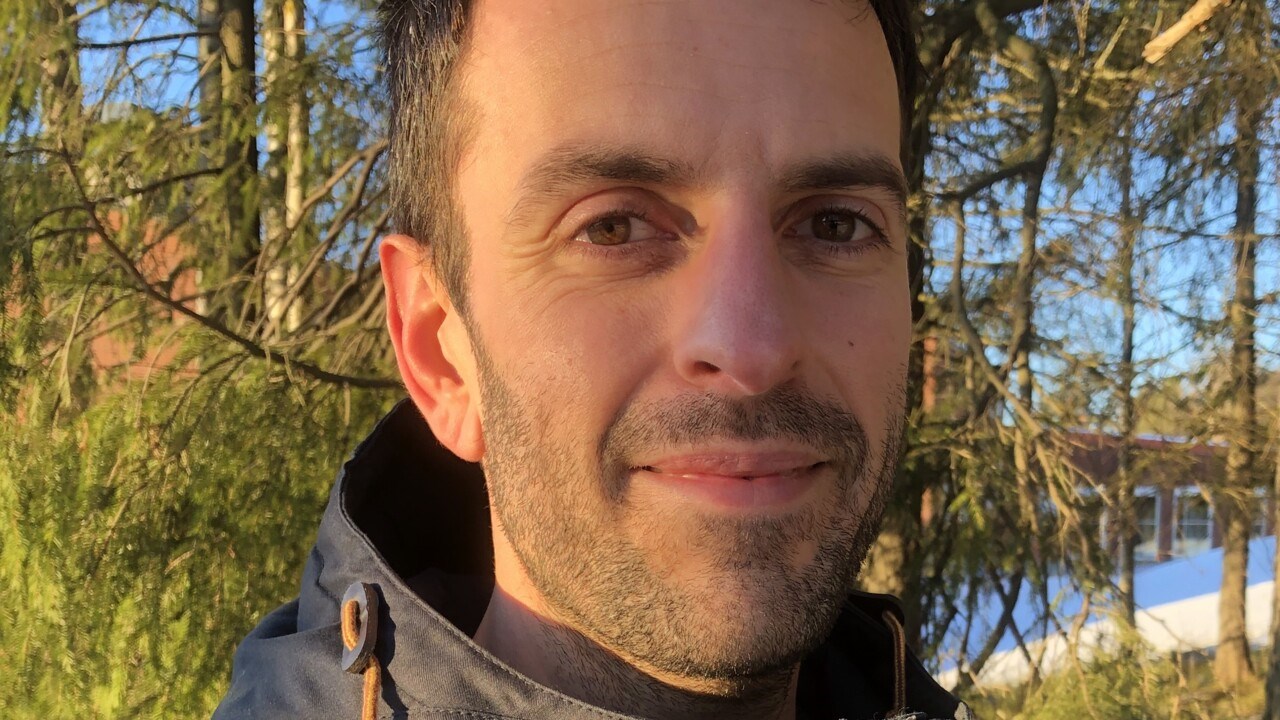Biography
André Mateus studied Pharmaceutical Sciences at the University of Lisbon (Portugal). His PhD in Professor Per Artursson’s lab at the Department of Pharmacy, Uppsala University (Sweden) focused on developing a method to measure intracellular unbound drug concentrations, and was successfully defended in 2016. In 2017, André Mateus moved to Heidelberg for a postdoc shared between Dr. Mikhail Savitski’s and Dr. Athanasios Typas’ labs at the European Molecular Biology Laboratory (EMBL). There he applied new biophysical proteomics approaches to study protein interactions in bacteria. Since 2022, André holds a joint position as Assistant Professor at the Department of Chemistry at Umeå University (Sweden) and Team Leader at the Laboratory for Molecular Infection Medicine Sweden (MIMS). His newly established lab aims to map protein function and interactions in the understudied species that compose the human gut microbiome, to enable the elimination of species associated with disease.



